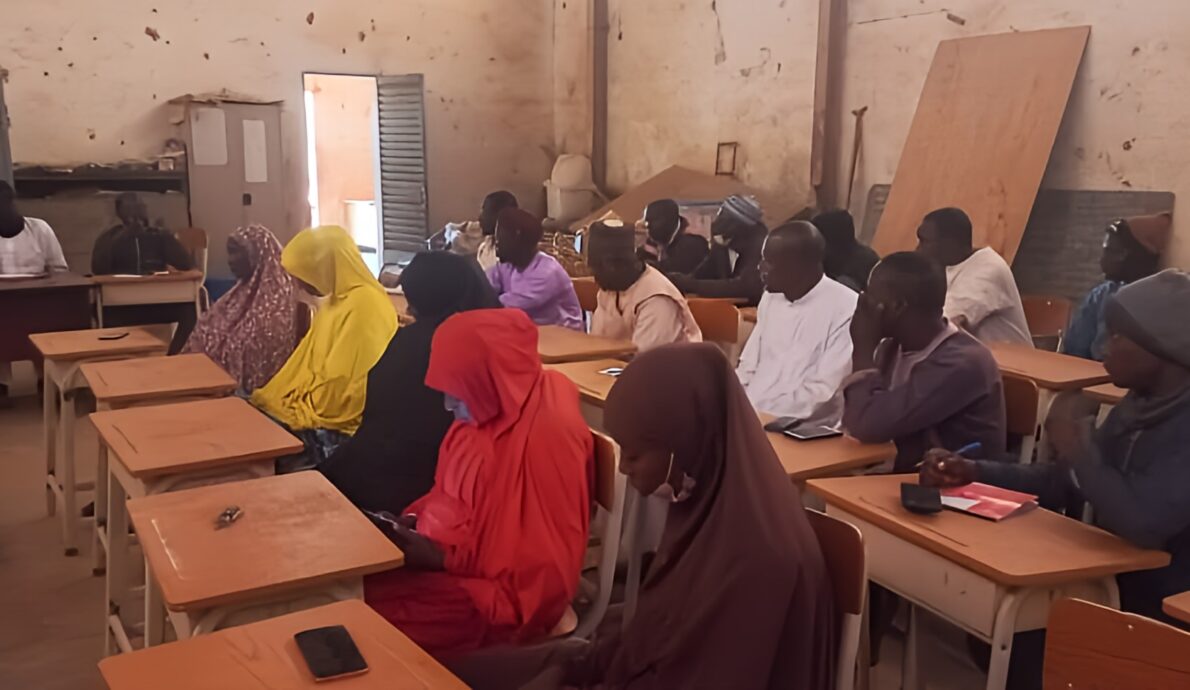By Jennifer Jones, Counterpart Staff
As a lifelong wildlife enthusiast, I too have been caught up with the story of Cecil, the African lion killed by a well-heeled American who allegedly paid $54,000 to hunt it down in Zimbabwe. Like so many people, I’m outraged at how the lion was lured out of the protective boundaries of Hwange National Park – a lion that had been part of a research study since 2008. And then I read an editorial by Goodwell Nzou – a Zimbabwean living in the U.S. – who shared an alternative narrative which deserves our attention. He asks whether the people of Africa will ever get the same level of attention from Americans as Cecil the lion.
Indeed. What about the marriage of a 12-year old girl who doesn’t have the option to go to school? What about the horrible choices facing communities where the rains come two months late – leaving them without the food to get through the next dry season? What about child mortality rates from malnutrition and preventable diseases?
So if I could, I would have coffee with Goodwell and discuss how we can gather our righteous American anger and focus it on addressing the challenges facing the people of Africa as well. I’d share with Goodwell the work Counterpart is doing in Cameroonian and other African communities by working within the schools. How we are keeping girls in school longer, which is reducing childhood marriage. How we are engaging parents to be involved in their children’s education and nutrition through school-based gardens. How community trainings on proper sanitation practices and nutrition classes are embedding habits in communities that reduce sickness levels. I’d tell Goodwell how we are working with civil society organizations to help them have an effective and consistent voice in solving community challenges such as malaria prevention.

I’d certainly tell Goodwell about our work to protect Africa’s natural resources – not just for the sake of their local wildlife like Cecil, but because the Earth is the source of life – water, food and shelter – for Africa’s people.
Most of all, I’d thank Goodwell for challenging us to think about Cecil in a whole different way.




